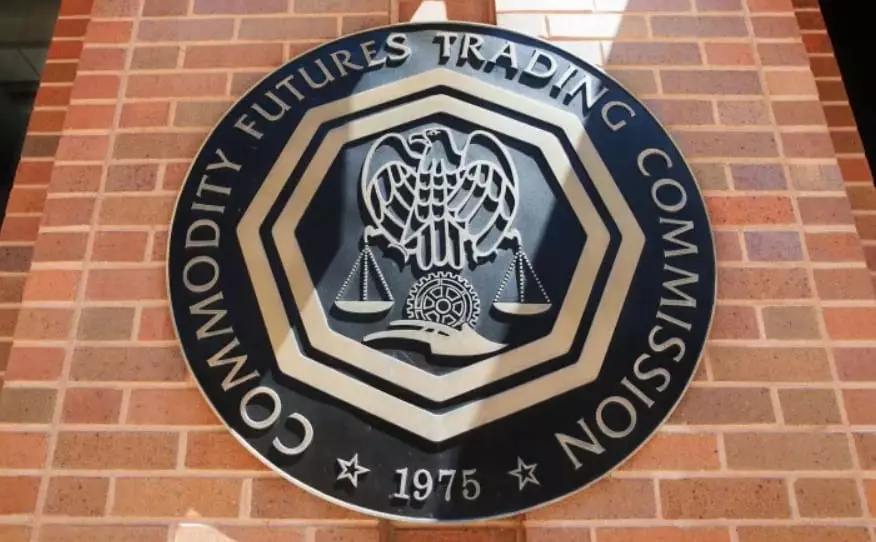In recent developments, the Commodity Futures Trading Commission (CFTC) has turned its scrutiny towards prominent trading platforms like Crypto.com and Kalshi. The commission requires clarity on how these companies’ Super Bowl event contracts adhere to compliance regulations for derivatives. This increased vigilance is rooted in the CFTC’s legal authority, which allows it to request additional evidence from firms that self-certify financial products. The focus here is on ensuring that there are sufficient safeguards against market manipulation and that the companies are fulfilling their regulatory responsibilities.
The implications of this review are significant. After completing its analysis, the CFTC holds the power to initiate enforcement actions against the firms involved or to propose new regulatory measures aimed at better overseeing event contracts. This is particularly timely, as just a week prior, the CFTC announced upcoming public roundtables to discuss emerging issues within derivatives markets, with event contracts set to be a central topic of these discussions. The outcome of this scrutiny could redefine how event contracts are perceived within the broader financial ecosystem, potentially reshaping industry practices.
In light of the ongoing scrutiny, Crypto.com has expressed confidence in the legality of its event contracts. The platform regards the CFTC as an essential authority in maintaining market integrity and preventing manipulation. According to a statement made to Bloomberg, Crypto.com plans to continue offering these contracts while engaging in a cooperative review process with the CFTC. The situation becomes more intricate considering the CFTC’s recent decision in January to start a special review of Crypto.com’s existing sports contracts, examining whether they qualify as gaming products—an evaluation that would invite even more intense regulatory oversight.
Further complicating the scenario, Crypto.com has opted to withdraw its initial sports contracts from the review, choosing instead to self-certify a new contract associated with spectator sports and related industries. The CFTC’s stance on whether it will proceed with its initial review remains uncertain, adding an additional layer of ambiguity to the ongoing situation.
The regulatory probe into Crypto.com and Kalshi occurs against a backdrop where event contracts and prediction markets are gaining traction. Shortly before the CFTC’s inquiries, Robinhood Derivatives debuted its own event contracts for the upcoming Pro Football Championship, allowing customers to speculate on the game’s outcome. These contracts are marketed through KalshiEX, a regulated exchange, expanding the reach of event trading to a national audience. This trend raises interesting questions about the intersection of traditional trading frameworks and emerging blockchain technologies, as evidenced by platforms like Polymarket, which saw a massive influx of bets during the US elections last year.
The evolving landscape of event contracts and their growing relevance in trading markets underscores the necessity for regulators to adapt their frameworks. The CFTC’s scrutiny not only aims to ensure compliance but also reflects a larger trend of increased oversight on digital and event-based trading platforms. As companies navigate these challenges, the outcomes of the CFTC’s ongoing reviews will likely play a pivotal role in shaping the future of event trading and its regulatory environment.


Leave a Reply